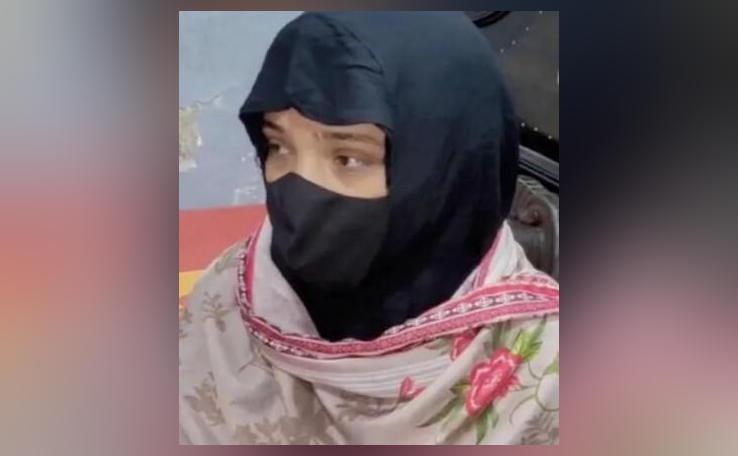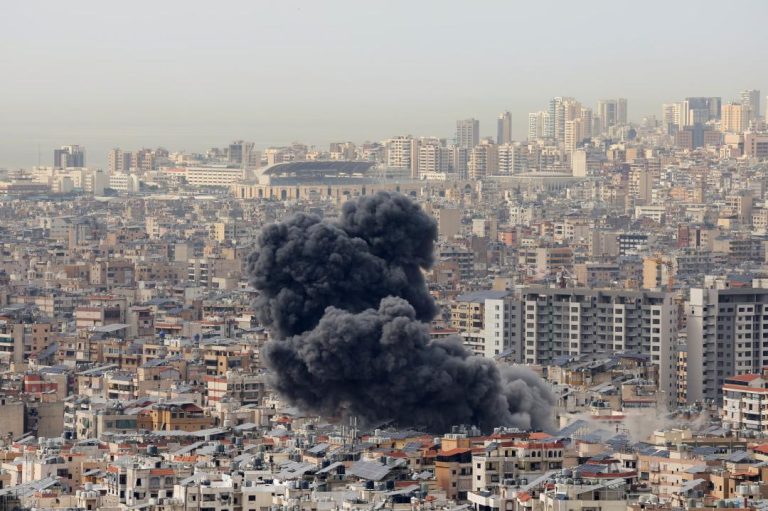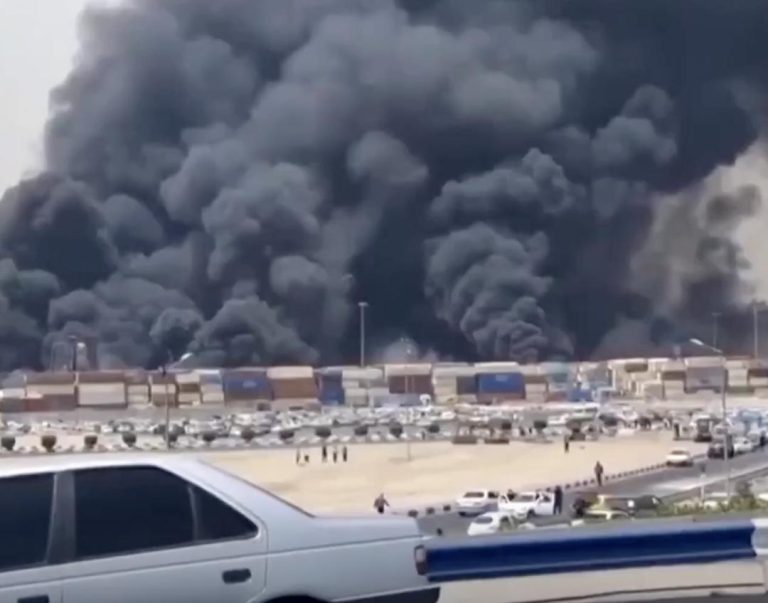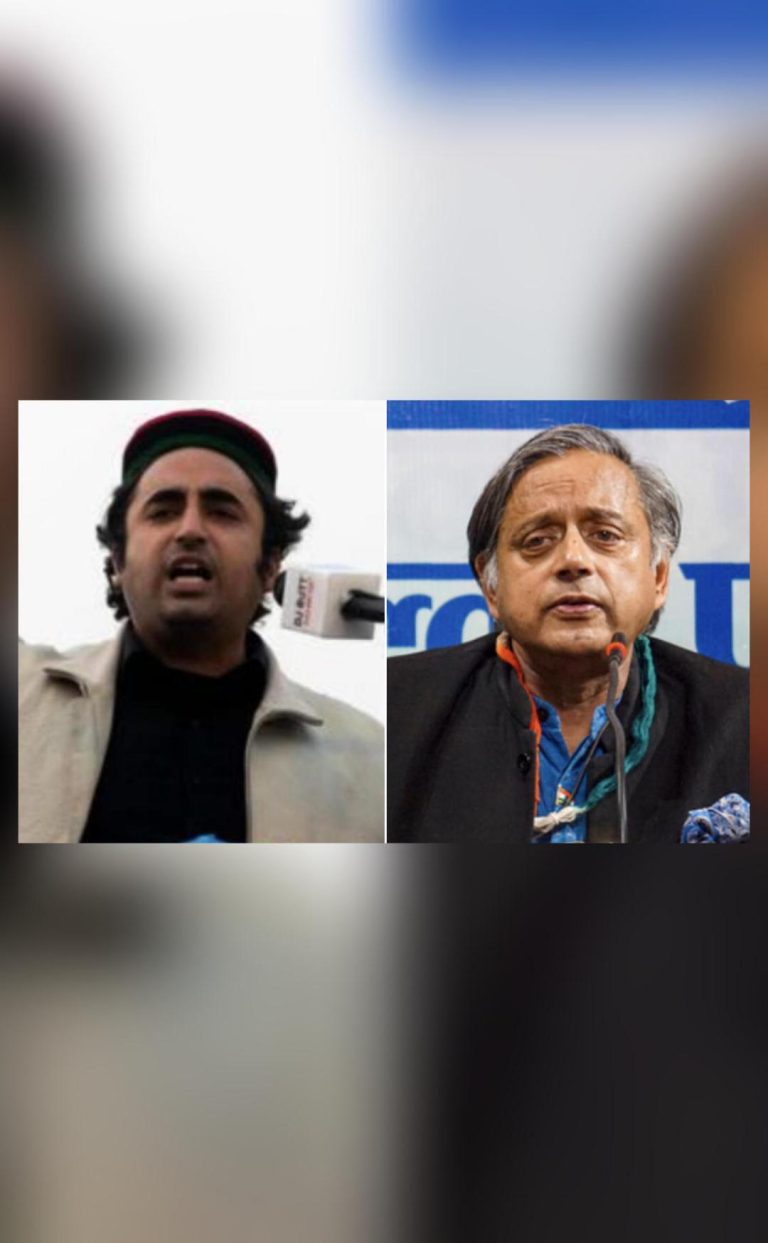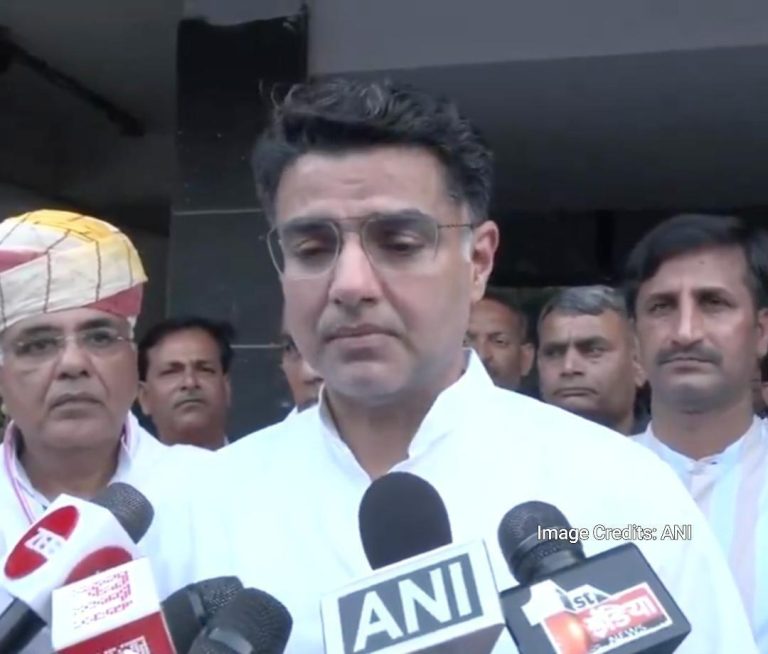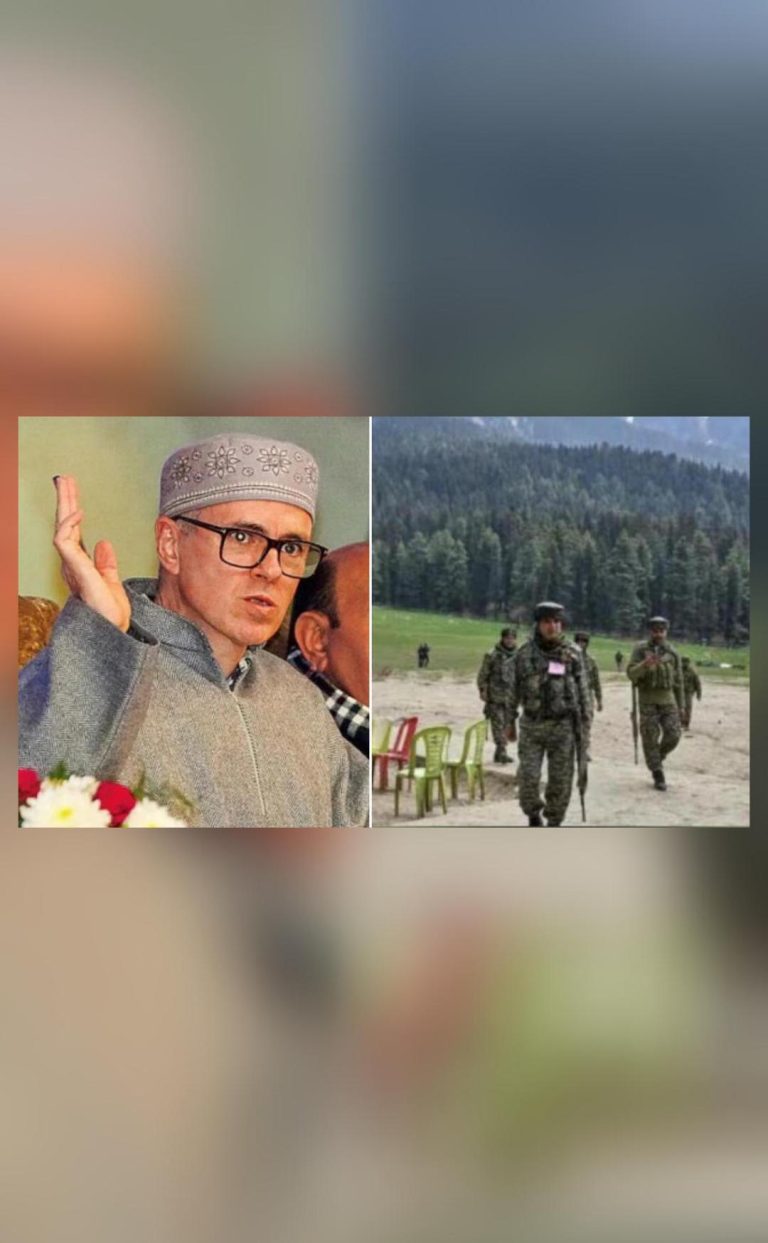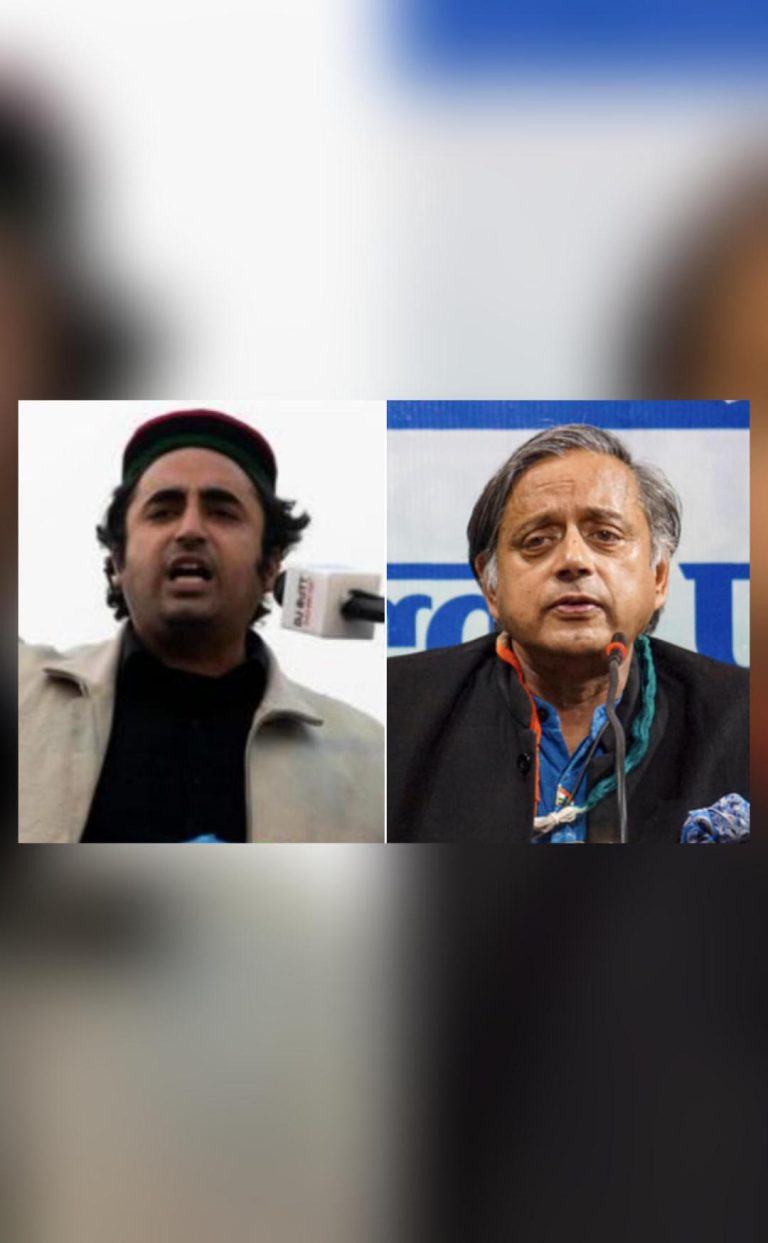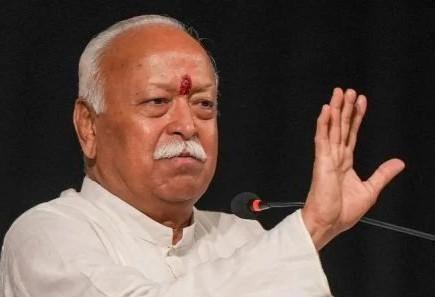
Title: If someone turns to evil then we’ll teach lesson: Bhagwat on J&K attack
India, known for its rich cultural heritage and diverse traditions, has always been a symbol of peace and non-violence. However, in recent times, the country has been facing numerous challenges, including terrorism and violence. The latest incident of a terror attack in Pahalgam, Jammu and Kashmir, has once again raised concerns about the safety and security of the nation.
In the aftermath of the attack, RSS chief Mohan Bhagwat made some thought-provoking statements, sparking a heated debate among the citizens. In an interview, Bhagwat emphasized the importance of non-violence as India’s religion, but also added that the country cannot tolerate oppression and hooliganism.
“We never harm or disrespect our neighbors, but if someone is bent on being evil, what is the cure?” Bhagwat said. “The king’s duty is to protect the people, and he will do his duty.”
Bhagwat’s statement has been interpreted in different ways by various sections of society. While some see it as a call to arms against terrorism, others believe that it is a reminder of the importance of maintaining peace and non-violence.
India’s history is replete with examples of non-violent resistance and struggle for independence. Mahatma Gandhi’s philosophy of non-violence has been a guiding force for the country since its independence. However, the recent attacks in Jammu and Kashmir have raised questions about the effectiveness of non-violent means in combating terrorism.
The RSS, a Hindu nationalist organization, has been criticized for its alleged role in promoting communal violence and intolerance. Bhagwat’s statement has been seen as a defense of the organization’s stance on violence and its criticism of the government’s handling of the situation in Jammu and Kashmir.
The attack in Pahalgam has left many questions unanswered. Who was behind the attack? What was the motive? And how can the government ensure the safety and security of the citizens?
The government has promised to take stern action against those responsible for the attack. The security forces have been deployed in the area to maintain law and order and to prevent any further violence.
In the midst of all this, Bhagwat’s statement has sparked a debate about the role of violence in combating terrorism. While some argue that violence can be an effective means of combating terrorism, others believe that it can lead to further violence and instability.
The debate about the effectiveness of non-violent means in combating terrorism is ongoing. Some argue that non-violent resistance can be an effective means of challenging the ideology of terrorism, while others believe that it can be a slow and ineffective means of achieving results.
The attack in Pahalgam has once again highlighted the need for a comprehensive approach to combating terrorism. The government, civil society, and the people must work together to address the root causes of terrorism and to find effective means of combating it.
In conclusion, Bhagwat’s statement has sparked a debate about the role of violence in combating terrorism. While some argue that violence can be an effective means of combating terrorism, others believe that it can lead to further violence and instability. The debate about the effectiveness of non-violent means in combating terrorism is ongoing, and it is essential that all stakeholders work together to find effective means of combating terrorism.
News Source: https://youtu.be/SpAKVWl5wII
